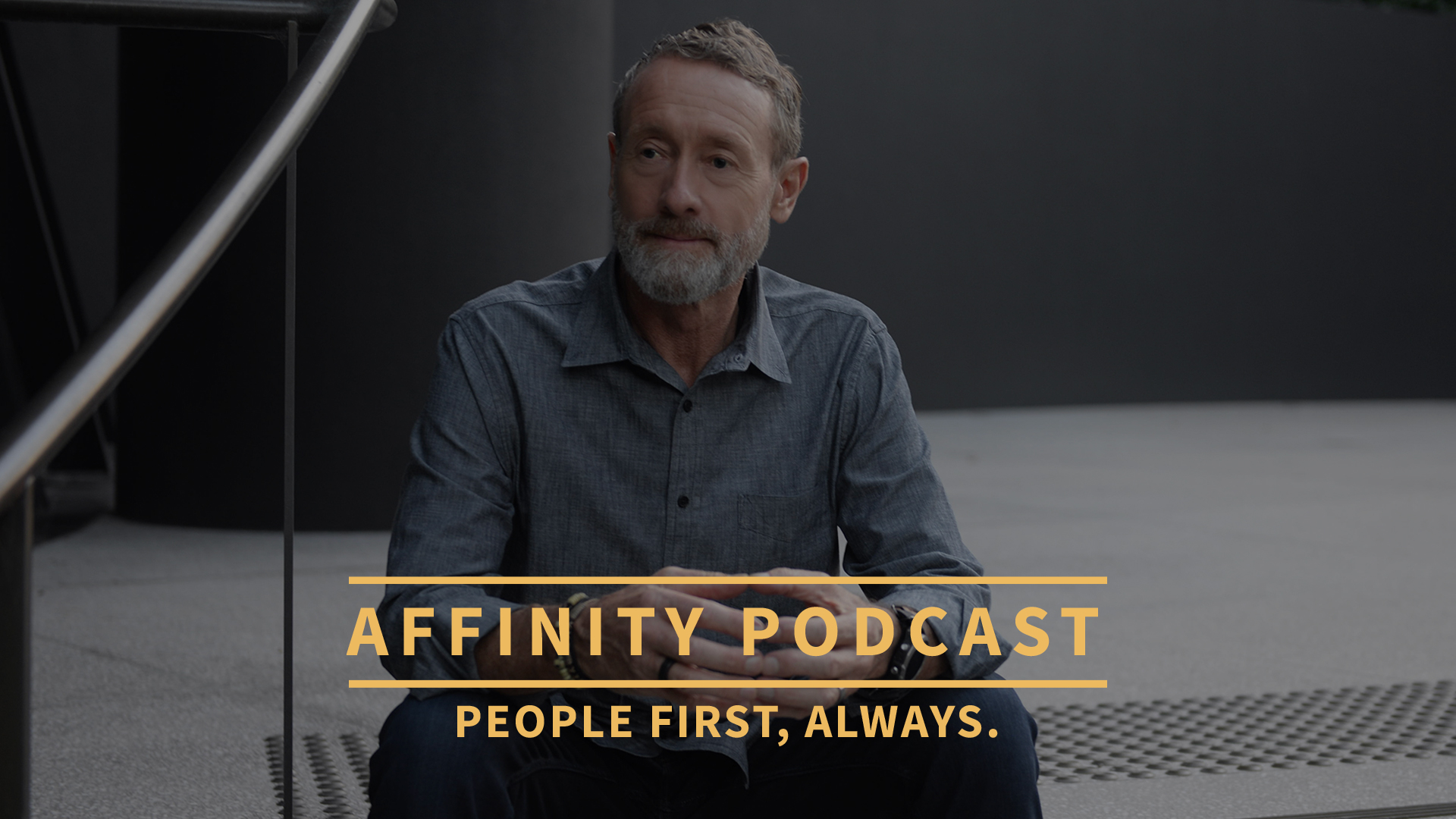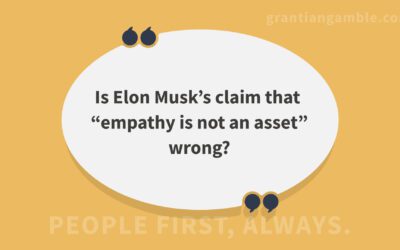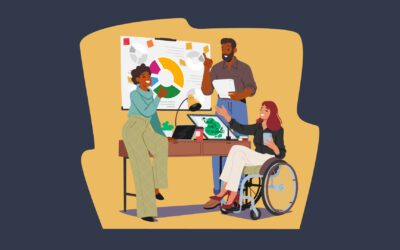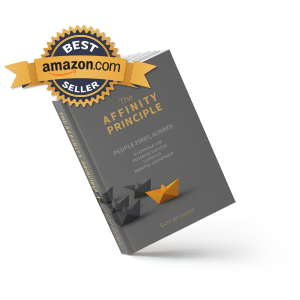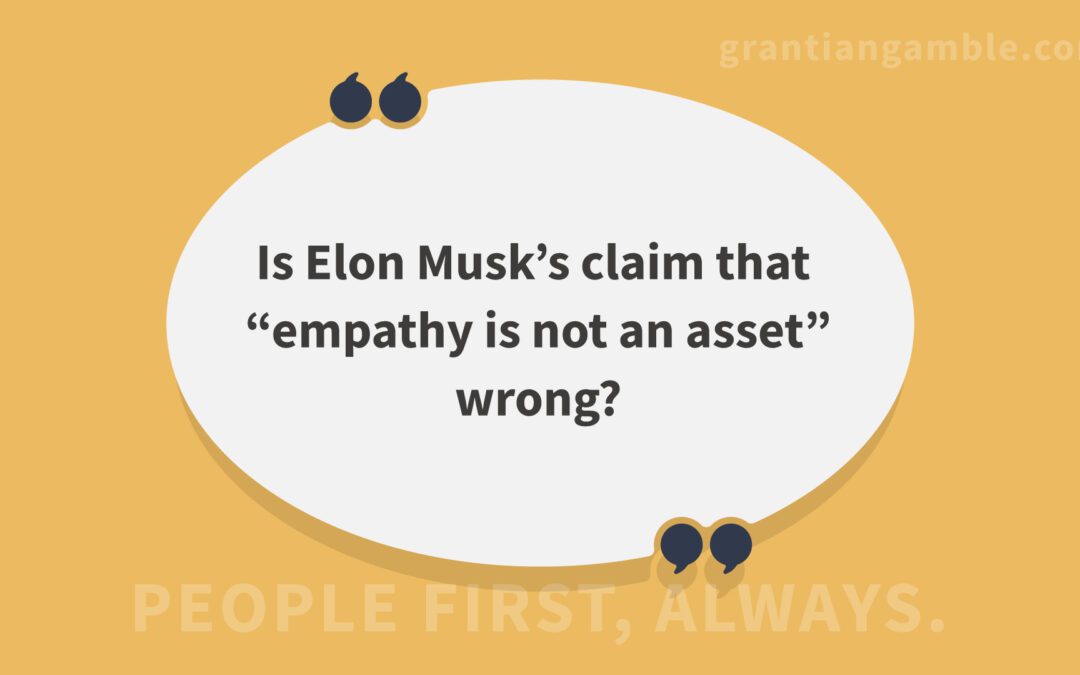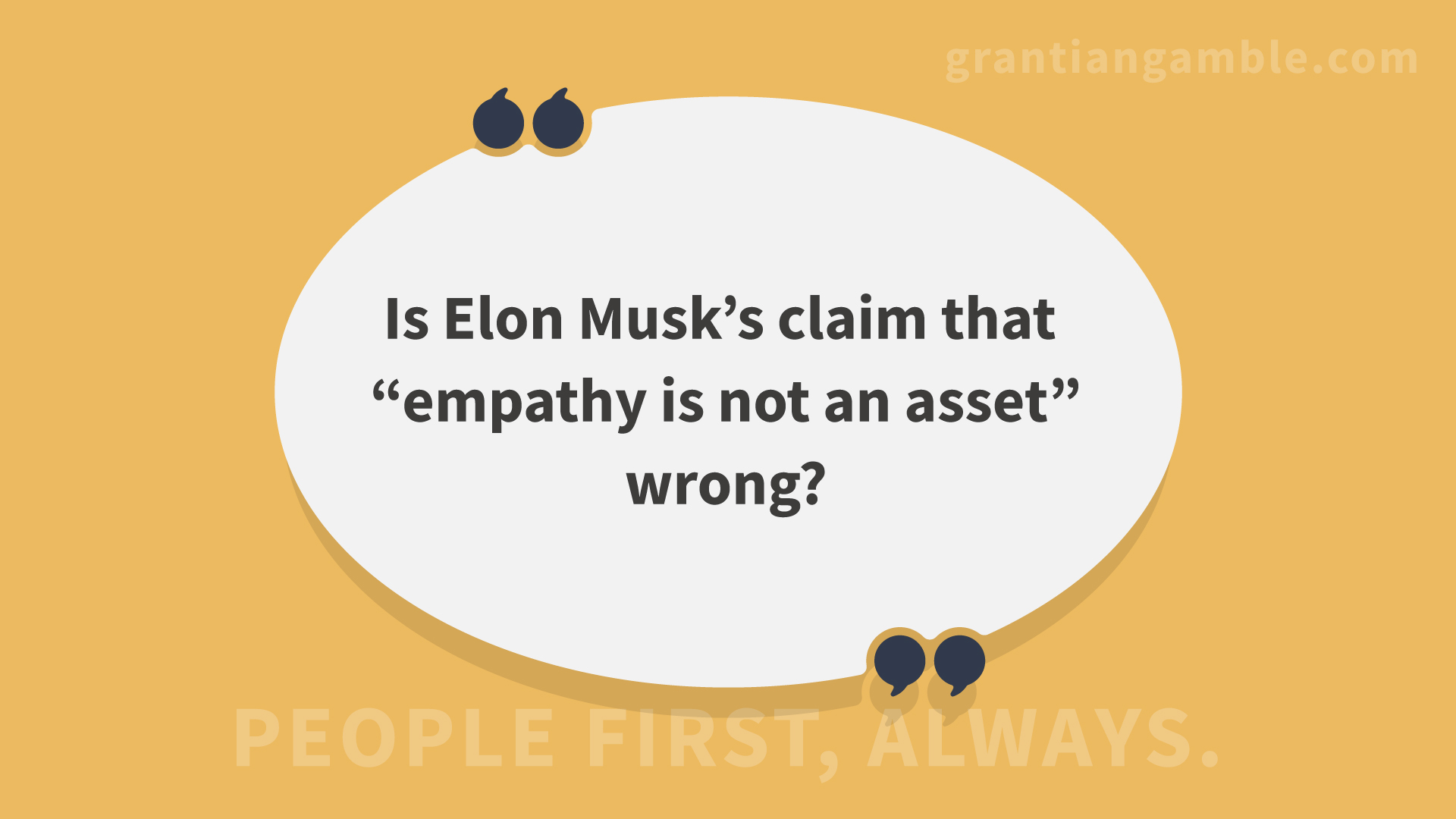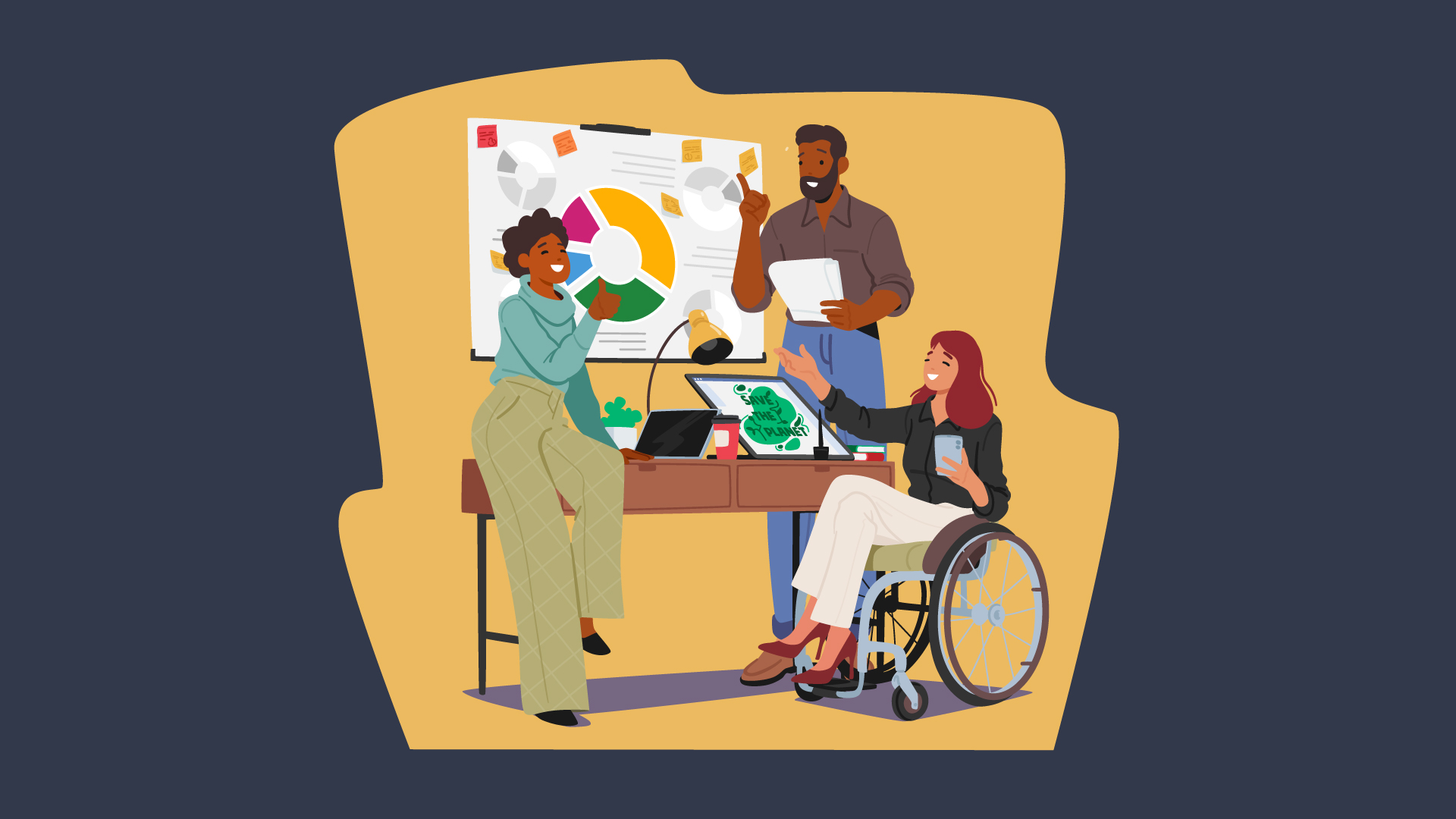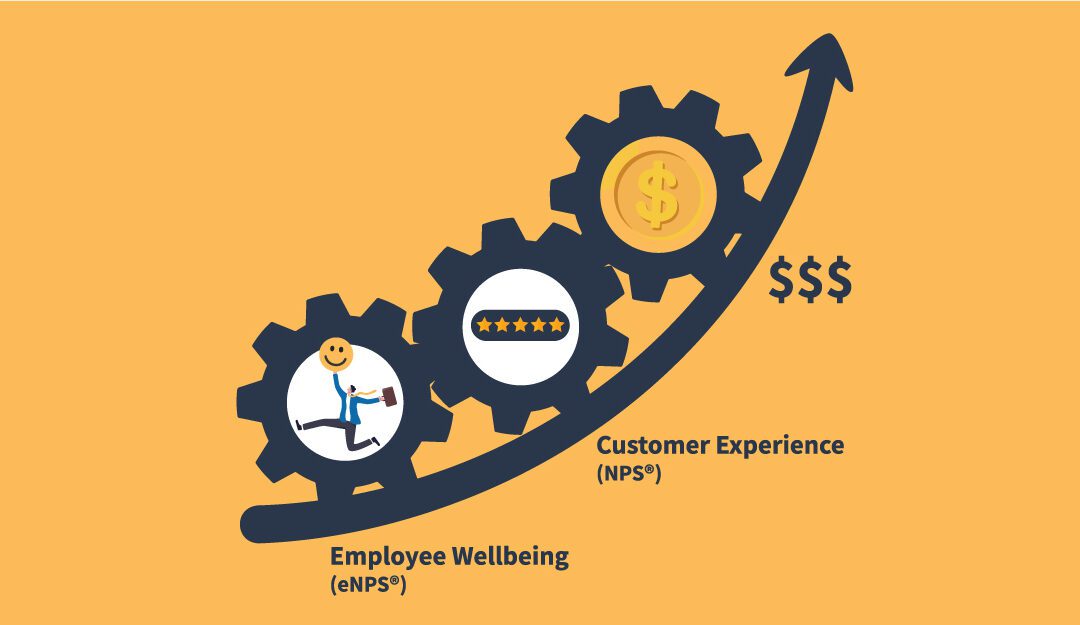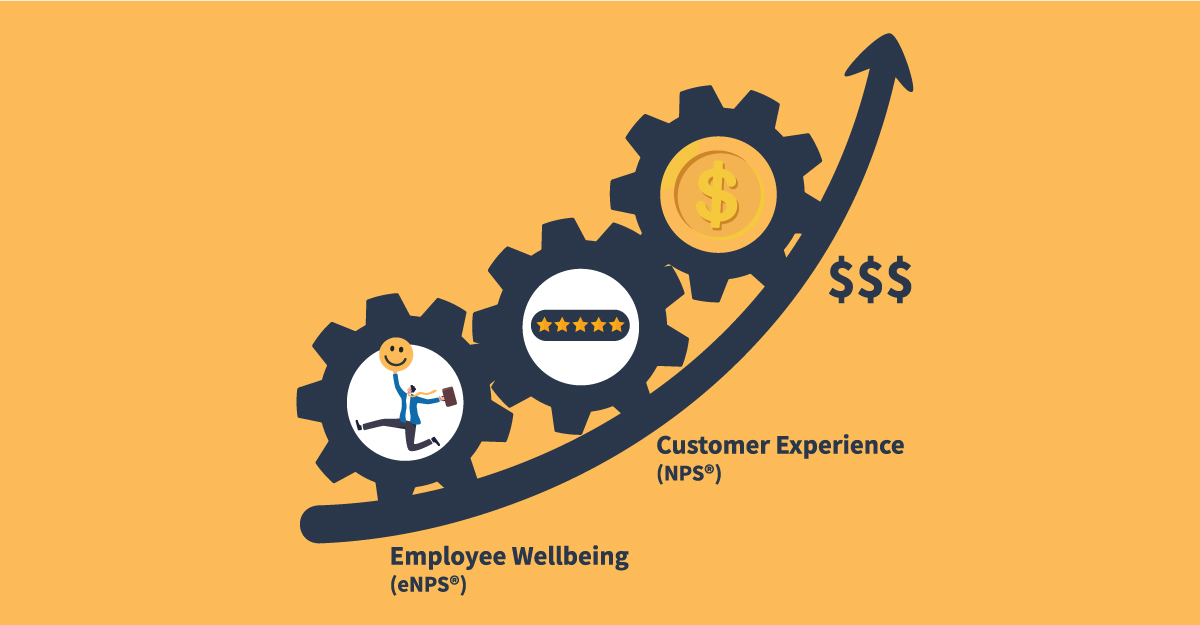A State of Universal Stress, Anxiety, Overwhelm and Burnout
A state of stress, anxiety, overwhelm and burnout feels almost endemic these days. I hear it from friends, family members, work mates and peers. The pressures seem to come from all directions—work, media, global events, and personal life demands. Everywhere you turn, there’s more information, more conflict, more polarization, more uncertainty and it feels as if it’s escalating, relentlessly. This growing sense of overwhelm isn’t just affecting individuals; it’s affecting entire organizations, from the mental wellbeing of team members and tenure to overall workplace productivity.
But what’s driving this feeling, and how can we begin to address it?
The Causes of Stress, Anxiety, Overwhelm and Burnout
One of the major contributors to stress, anxiety and overwhelm is information overload. We live in an age where the news cycle is constant and unforgiving, and social media amplifies everything even more. Not only are we exposed to more information than ever before, but it’s often presented in ways that are designed to capture attention through dramatic, emotionally charged narratives. This constant exposure to alarming headlines keeps many of us in a heightened state of anxiety, making it harder to concentrate, disconnect, and process. I have reached a point where I have choked down my exposure to news outlets to almost nil, and I avoid social media completely. I’m not trying to bury my head in the sand, I am simply trying to protect my mental health.
Another factor is the global unrest and uncertainty we see in the world today. Whether it’s political instability, conflicts, economic upheaval, or environmental challenges, we are all becoming increasingly aware of the fragility of our world. While every era has had its share of unrest, what’s different today is the level of transparency we now have. As the world has ‘shrunk,’ our awareness has grown.
While conflicts have been a constant throughout human history, the visibility, scale, and nature of conflicts have evolved. The 19th century’s wars of ‘empires’ gave way to the massive global conflicts of the 20th century, and today, even though much of the violence is fragmented across civil wars, regional disputes, and asymmetric warfare the exposure is like never before. Even though the scale of conflict has waxed and waned, what is different now is the immediacy of information—conflicts are now more visible, individual tragedies highlighted, visceral impacts recorded on phones and the depth and breadth of conflicts and their pain and loss inflicted more widely felt. This also leads to increased scrutiny from us, even if we’re geographically removed, as to their causes and the role the various actors have played.
This sense of constant conflict no doubt contributes to the feeling of overwhelm in today’s globalized world, where transparency and media coverage bring every crisis, big or small, to the forefront of our consciousness.
Social media and 24/7 news also mean that issues once hidden or confined to small pockets now rise to the surface. These dynamics can feel overwhelming for both individuals and businesses, as we constantly confront crises that challenge our worldview and sense of safety.
A specific example of this is the polarizing rhetoric in political discourse. As these voices grow louder and more visible, it can feel like society itself is under threat, creating anxiety not just on a societal level but trickling into all aspects of our world view.
With all of these forces at play, it’s no wonder that so many people are struggling to stay afloat emotionally and mentally.
And for businesses, this has very real consequences.
The Rising Cost of Stress, Anxiety, Overwhelm and Burnout, and the Role of Psychosocial Risk (PSR)
The overwhelm people feel doesn’t just stop at the office door. The workplace is often where the stress and anxiety manifests itself most clearly, leading to reduced productivity, increased absenteeism, and disengagement. Team Members under chronic stress are more likely to experience burnout, which negatively impacts the company’s bottom line and their wellbeing.
The overwhelm people bring with them to work can be exacerbated by a dysfunctional or toxic work environment. This is where Psychosocial Risk (PSR) comes in. PSR refers to factors in the workplace that can cause psychological or social harm—things like high job demands, lack of control over work, poor communication, or workplace bullying. Measuring PSR is becoming increasingly important for companies that want to create healthier, more resilient work environments. In fact, in 2022, Australia enacted legislation that mandates companies to measure PSR and manage these increasing pressures.
How AFFINITY OS™ Elevates Workplace Wellbeing Through Its All New Psychosocial Risk Management Tool
When we originally conceived AFFINITY OS (AOS), we realized the driving force of workplace culture, and in turn customer/member experiences, begins with team engagement. Psychosocial Risk is an extension of this paradigm, reflecting even more deeply on factors that might impact engagement. As a result, we have been building an extension to our platform that measures PSR for companies and brings into focus factors that may be affecting Team Members’ mental health at work. This helps the team leaders understand these risk factors and address them before they seriously impact the team and company’s performance.
We believe that addressing this overwhelm requires Actionable Insights. But to take meaningful action, companies first need to understand the psychosocial risks their Team Members are facing. That’s where the AOS sophisticated artificial intelligence (AI) engine can play a pivotal role.
A Strategic Approach to Mental Health
Using AOS to measure PSR allows companies to scale their approach to mental wellbeing. Traditional methods of addressing workplace stress, like surveys or one-off interventions, often fail to capture the full picture or provide timely insights. AI can analyze large volumes of data in real time, detecting patterns of stress, anxiety, overwhelm and burnout and other risks as they emerge. This means companies can receive early warnings about potential burnout or other mental health issues within their workforce, allowing them to prioritize interventions and support Team Members before problems escalate.
Moreover, AI-driven insights can be personalized, enabling companies to address specific areas of concern rather than applying a one-size-fits-all approach. Some teams may struggle with workload, while others may suffer from poor communication or a lack of leadership support. AOS can help break down these nuances departmentally, geographically and demographically, giving managers the tools they need to respond effectively and empathetically.
The Future of Work is Here
As we navigate this era of heightened transparency, rapid information flows, and global unrest, it’s crucial that organizations don’t ignore the state of overwhelm so many people are feeling. Compassionate leadership is more important than ever, and so is the need to create systems that support mental health in real and tangible ways.
Using sophisticated, AI-driven tools like AOS to measure Psychosocial Risk is one important step in that direction. It allows organizations to not just identify problems but to take meaningful action—creating safer, healthier work environments where Team Members can thrive even amid the noise and uncertainty.
Join Us in Shaping a Healthier Tomorrow
In a world that often feels overwhelming, companies have the opportunity to be a beacon of support for their people. And that starts with understanding the risks and taking steps to address them, not as a one-off initiative, but as an ongoing commitment to mental wellbeing.
In a time where stress, anxiety, overwhelm and burnout are the new normal, it’s critical for businesses to take proactive steps to support the mental and emotional health of their workforce. By leveraging sophisticated AI like AOS to measure PSR, companies can gain deeper insights, take targeted actions, and ultimately foster a culture of wellbeing that helps people—and businesses—flourish.




 A
A 
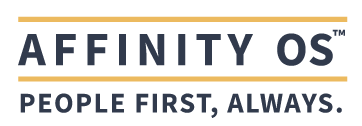
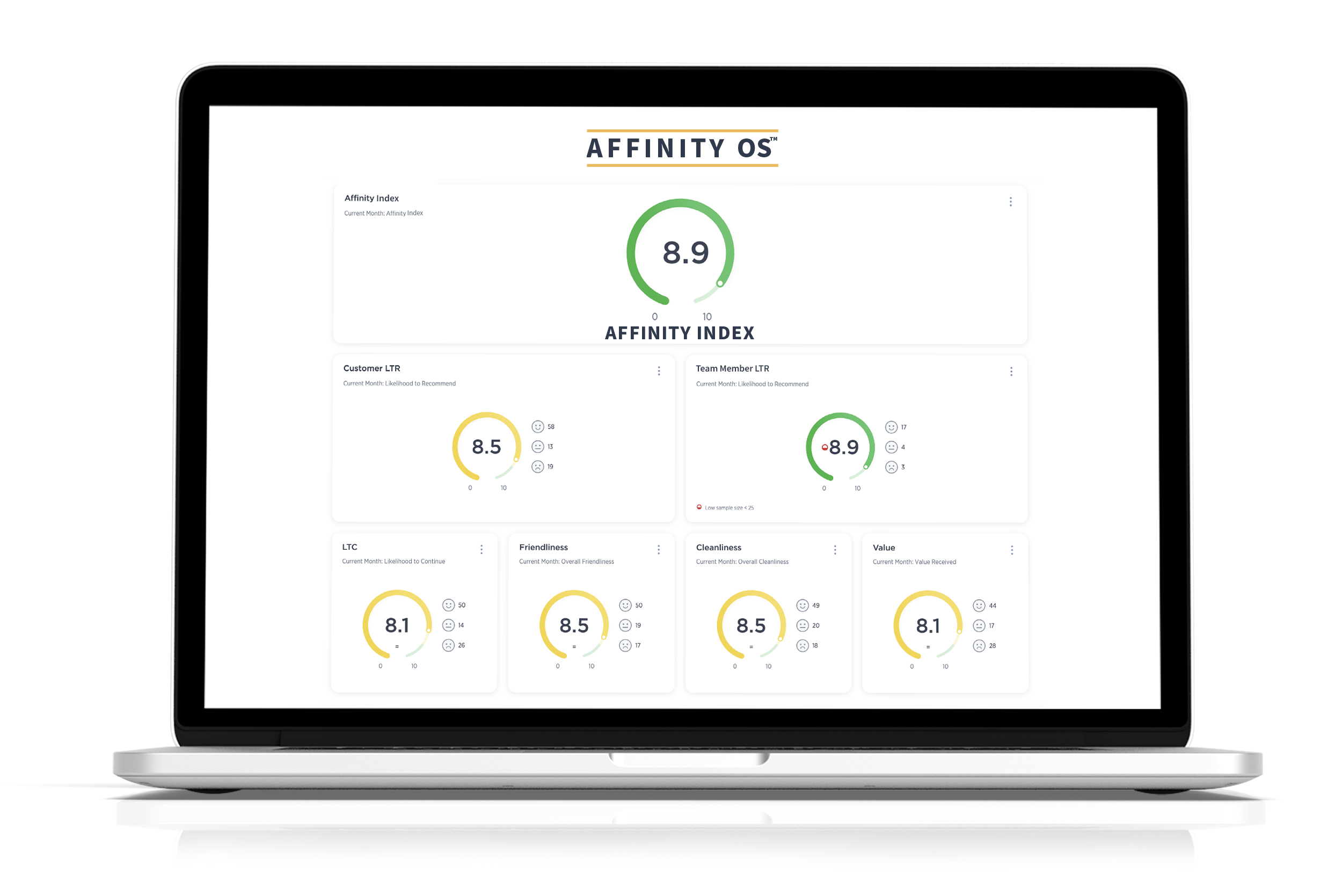 Interested in learning more about how to transform your organization’s approach to team member engagement and customer experience? Reach out to our team at
Interested in learning more about how to transform your organization’s approach to team member engagement and customer experience? Reach out to our team at 